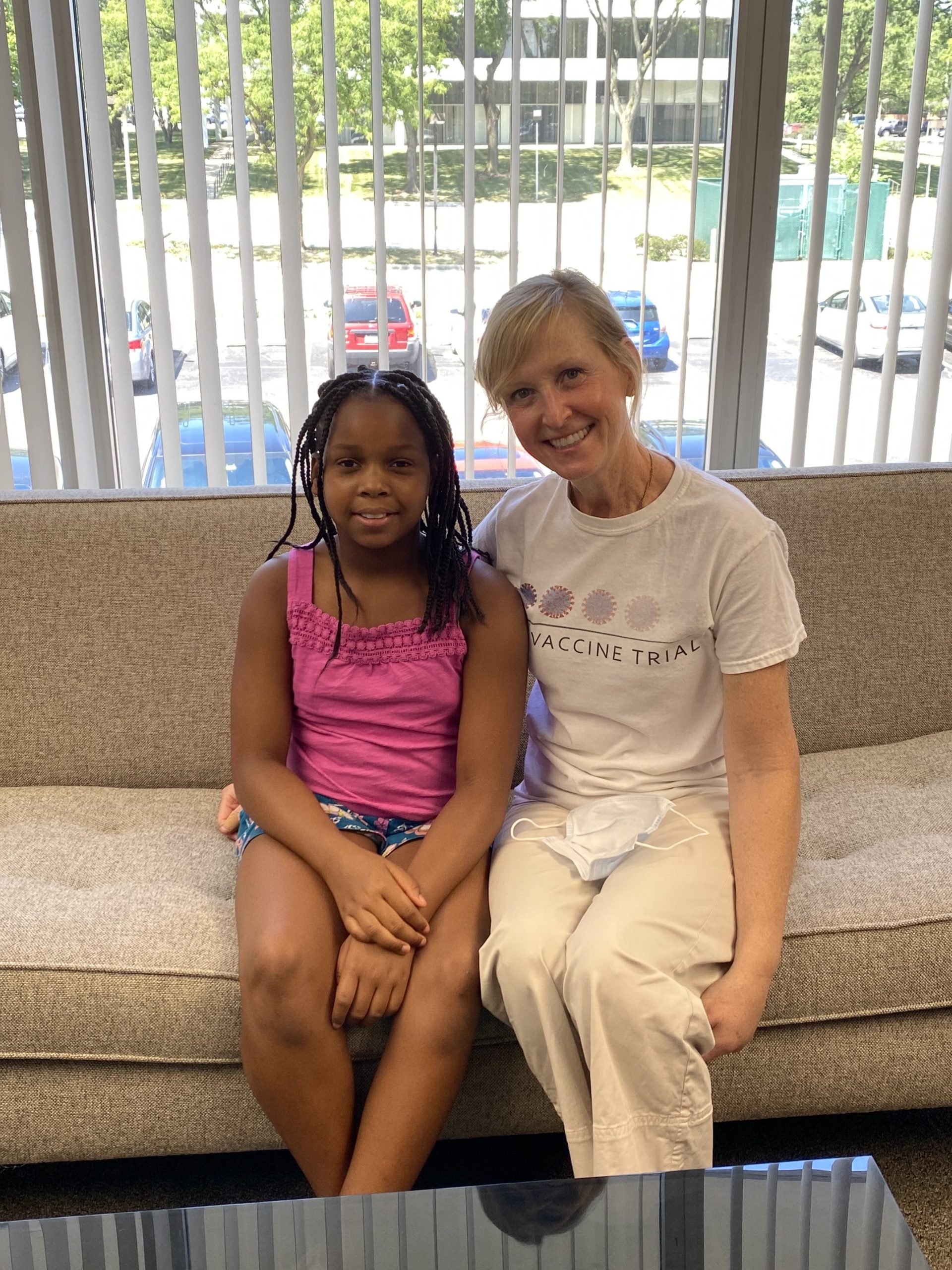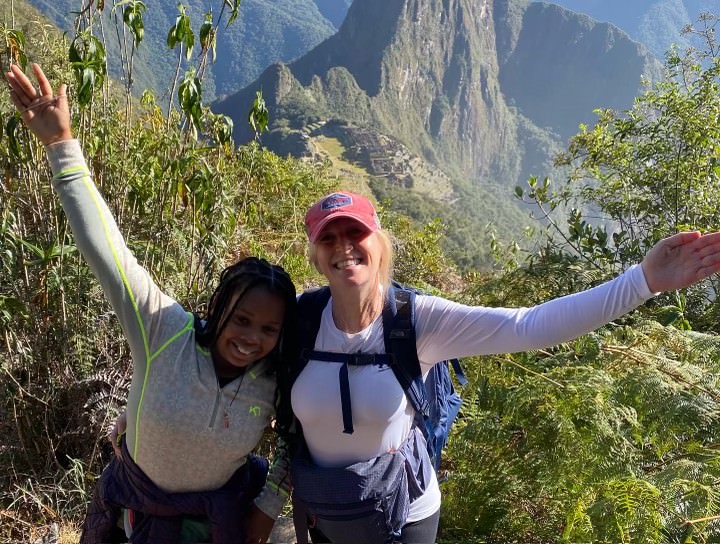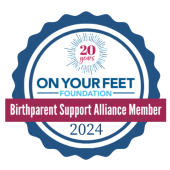Navigating Closed Adoption: Chloe’s Story
It is common for contact to ebb and flow in adoptions, especially in the first few years of the child’s life. In many adoptions, the plan for openness is set before the baby is born. During that time, the birth parent is anticipating how they will feel in the future and what their needs will be. Once the baby arrives, it’s common for many birth parents to realize that what they thought would work for them before is quite different now that they are grieving the loss that comes with adoption. For some, this can mean increasing contact and communication. For others, this can mean closing off or decreasing contact. Although this may be challenging for adoptive families, it is important for them to realize that the birth parent is grieving, and that grief process looks different for everyone. For birth parents that feel they need to decrease contact, it is not because they do not care. Rather, they have so much love for their child, and it is too hard to see them and not be the one to raise them.

Kelly and the birth mother had created a plan for continued contact by phone and social media after placement, but that plan shifted in the first few months of Chloe’s life. The birth mother called once in January 2012, asking if Chloe’s hair was coming in and if she received her immunizations and Kelly happily provided updates. That was the last time she heard from her. After that phone call, Kelly sent cards and messages on social media, but she never received a reply from Chloe’s birth mother. With time, she understood that Chloe’s birth mother had made the choice to step back.

It is common for contact to ebb and flow in adoptions, especially in the first few years of the child’s life. In many adoptions, the plan for openness is set before the baby is born. During that time, the birth parent is anticipating how they will feel in the future and what their needs will be. Once the baby arrives, it’s common for many birth parents to realize that what they thought would work for them before is quite different now that they are grieving the loss that comes with adoption. For some, this can mean increasing contact and communication. For others, this can mean closing off or decreasing contact. Although this may be challenging for adoptive families, it is important for them to realize that the birth parent is grieving, and that grief process looks different for everyone. For birth parents that feel they need to decrease contact, it is not because they do not care. Rather, they have so much love for their child, and it is too hard to see them and not be the one to raise them.


Below are a few resources for anyone interested in learning more about supporting your child in a closed adoption.
- Adoption Parenting: Creating a Toolbox, Building Connections by Jean MacLeod & Sheena Macrae, 2006.
- Attaching in Adoption: Practical Tools for Today’s Parents by Deborah D. Gray, 2012.
- Being Adopted: The Lifelong Search for Self by David M. Brodzinsky, Marshall D. Schlechter, Robin Marantz Henig, 1993.
- Searching For a Past —The Adopted Adult’s Unique Process of Finding Identity by Jayne E. Schooler, 1995.
- All You Can Ever Know by Nicole Chung, 2018.
- The Family of Adoption by Joyce Maguire Pavao, 1998.
- Sacred Connections: Stories of Adoption by Mary Ann Koeniz, 2001.

While visiting the place that brought them together as a family has not filled the urge Chloe feels to meet her birth mother, it did provide her with comfort and has helped her see that she is not alone, that there are many adoptees out there and lots of support. Like many adoptees, Chloe will have more questions as she grows up. It may be frustrating, upsetting, or painful at times; however, having the support of her mother Kelly, other adoptees, and adoption professionals, she can find ways to understand her story. For Chloe, Kelly, and all other ACFB families who are navigating closed adoptions, we are always here to provide support, encouragement, and understanding.

Below are a few resources for anyone interested in learning more about supporting your child in a closed adoption.
- Adoption Parenting: Creating a Toolbox, Building Connections by Jean MacLeod & Sheena Macrae, 2006.
- Attaching in Adoption: Practical Tools for Today’s Parents by Deborah D. Gray, 2012.
- Being Adopted: The Lifelong Search for Self by David M. Brodzinsky, Marshall D. Schlechter, Robin Marantz Henig, 1993.
- Searching For a Past —The Adopted Adult’s Unique Process of Finding Identity by Jayne E. Schooler, 1995.
- All You Can Ever Know by Nicole Chung, 2018.
- The Family of Adoption by Joyce Maguire Pavao, 1998.
- Sacred Connections: Stories of Adoption by Mary Ann Koeniz, 2001.





